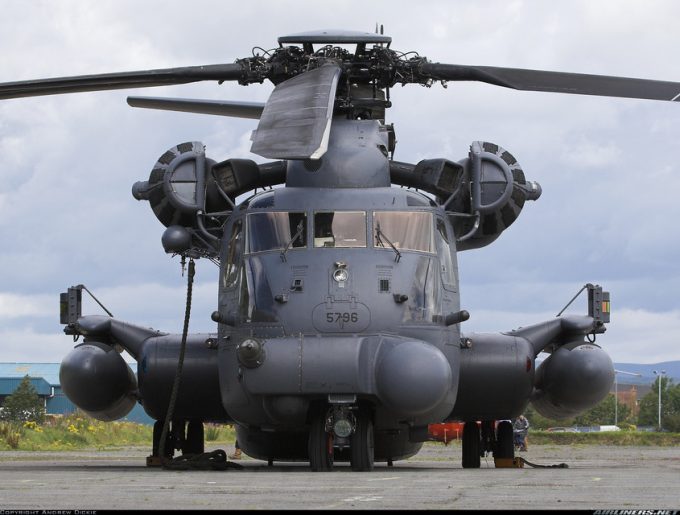In a landmark move towards environmental sustainability, Airbus has unveiled plans to overhaul its fleet of chartered vessels responsible for shuttling aircraft subassemblies across the Atlantic. The aerospace giant has commissioned shipowner Louis Dreyfus Armateurs to construct and operate three cutting-edge, low-emission roll-on/roll-off vessels, set to commence operations in 2026.
The initiative marks a significant stride in Airbus’ commitment to reducing its overall industrial emissions by up to 63% by the end of the decade, compared to the baseline year of 2015—a goal in line with the 1.5°C pathway of the Paris Agreement. The company aims to lead not only in aviation but across all industrial operations, showcasing innovation as a cornerstone of environmental responsibility.
Nicolas Chrétien, Head of Sustainability & Environment at Airbus, emphasizes the environmental impact of this fleet renewal, hailing it as a “major step forward” in mitigating their footprint. The vessels, equipped with state-of-the-art technologies such as wind-assisted propulsion, are expected to revolutionize transatlantic transportation, significantly cutting down CO2 emissions.
Louis Dreyfus Armateurs President Edouard Louis-Dreyfus expressed pride in the partnership, stating, “This new project, setting high targets, reflects our ambition regarding the decarbonization of the shipping industry.” The collaboration is not only about meeting expectations but exceeding them, offering innovative solutions that drive sustainable change.
The heart of this eco-friendly fleet lies in its propulsion system. The vessels will be powered by a combination of six Flettner rotors and dual-fuel engines running on maritime diesel oil and e-methanol. This hybrid setup aims to maximize fuel efficiency while minimizing environmental impact. To further enhance efficiency, routing software will be employed to optimize the vessels’ journey across the Atlantic, leveraging wind propulsion and avoiding adverse ocean conditions.
The environmental gains are projected to be substantial, with the new fleet expected to reduce average annual transatlantic CO2 emissions from 68,000 to 33,000 tonnes by 2030. This accomplishment aligns with Airbus’ broader vision, contributing to the global fight against climate change.
Additionally, the fleet renewal supports Airbus’ ambition to increase the production rate of its A320 family to 75 aircraft per month by 2026. Each vessel is designed to transport around seventy 40-foot containers and six single-aisle aircraft subassembly sets. This enhanced capacity will facilitate the seamless flow of components between Saint-Nazaire, France, and the single-aisle aircraft final assembly line in Mobile, Alabama.
As the aviation industry grapples with the imperative to reduce its carbon footprint, Airbus stands at the forefront, not just as an aircraft manufacturer but as a pioneer in sustainable practices across its operations. The fleet renewal project serves as a testament to the company’s dedication to pushing the boundaries of innovation in pursuit of a greener future.








